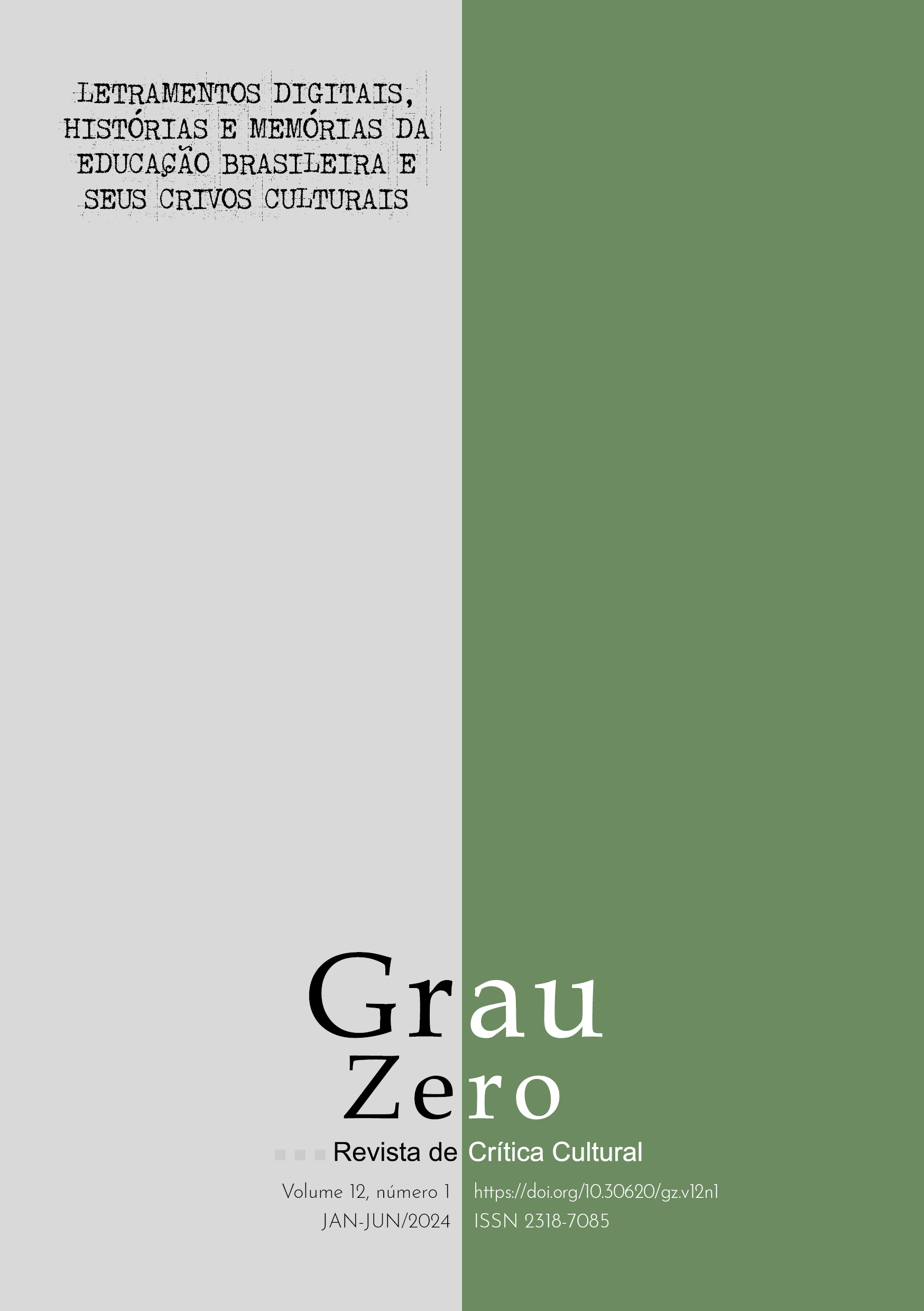Demonstrations: evolution or revolution?
An inventory in the historical-epistemological construction
DOI:
https://doi.org/10.30620/gz.v12n1.p243Keywords:
Demonstration, Evolution, Scientific RevolutionAbstract
The present work addresses a context of the emergence of mechanisms that lead to the construction and validation of axiomatic reasoning, aiming to reflect if the insertion of the demonstrative content can be characterized as an evolution or scientific revolution. In this perspective, the literature on the subject was approached through documental analysis. The fundamental basis for this research was anchored in the assumptions of the studies of the American physicist Thomas S. Kuhn (1922-1996), through the study of his work The Structure of Scientific Revolutions, and an analysis of the emergence of demonstrations as tool for validating mathematical theories. Thus, it is intended to open a debate regarding the delineation of the rigor of the demonstrations that appear in the mathematical scenario.
Downloads
References
BACHELARD, G. Ensaio sobre o conhecimento aproximado. Tradução: Estela dos Santos Abreu. Rio de janeiro: Contraponto, 2004.
BICUDO, I. Prefácio e introdução. EUCLIDES. Os Elementos. Tradução de Irineu Bicudo. São Paulo: UNESP, 2009.
BICUDO, M. A. V.; GARNICA, V. M. Filosofia da Educação Matemática. 3. ed. Belo Horizonte: Autêntico, 2006.
D’AMBRÓSIO, U. Educação Matemática: da teoria à prática. Campinas – SP: Papirus, 1996.
DOMINGUES, H. H. A Demonstração ao Longo dos Séculos. Bolema, ano 12, n. 18: 55-67, 2002.
KUHN, T. S. A Estrutura das Revoluções Científicas. Trad. B. V. Boeira. & N. Boeira. São Paulo: Editora Perspectiva S.A., 1982.
MARTINS, J. C. G. Sobre Revoluções Científicas na Matemática. 2005. p. 187. Tese de Doutorado. Universidade Estadual Paulista, Instituto de Geociências e Ciências Exatas, São Paulo (SP).
Published
How to Cite
Issue
Section
License
Copyright (c) 2024 Grau Zero – Revista de Crítica Cultural

This work is licensed under a Creative Commons Attribution-ShareAlike 4.0 International License.
Autores que publicam nesta revista concordam com o seguinte termo de compromisso:
Assumindo a criação original do texto proposto, declaro conceder à Grau Zero o direito de primeira publicação, licenciando-o sob a Creative Commons Attribution License, e permitindo sua reprodução em indexadores de conteúdo, bibliotecas virtuais e similares. Em contrapartida, disponho de autorização da revista para assumir contratos adicionais para distribuição não-exclusiva da versão do trabalho publicada, bem como permissão para publicar e distribuí-lo em repositórios ou páginas pessoais após o processo editorial, aumentando, com isso, seu impacto e citação.


















